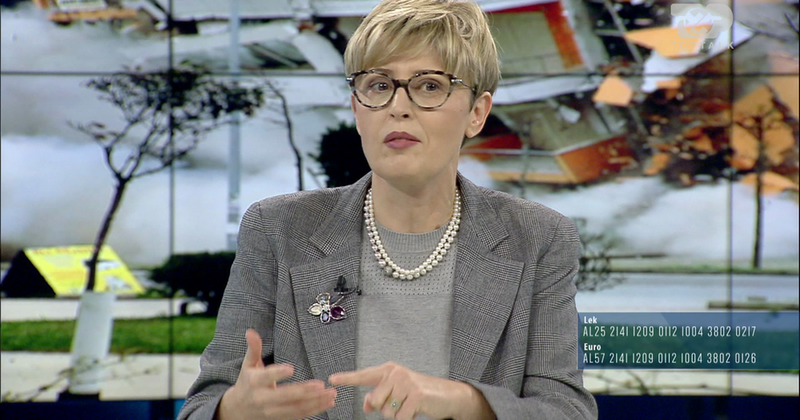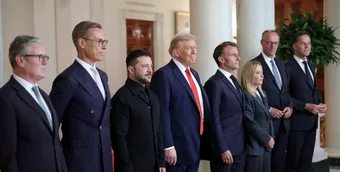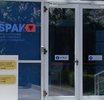
Formula 1 as a tool to manipulate internal and global perceptions of European Albania


"The ambition is for Albania to be the host country of the Formula 1 race by 2030, something unthinkable until a few years ago. Here we are, even where in some ways the bet seems impossible," says Prime Minister Rama.
This is enough, even in the list of public investment priorities, 190 million euros have been foreseen for the construction of the Elbasan runway. The economics of building these facilities suggest that 190 million euros is not stratospheric as the opposition says, but an insufficient amount to build these runways.
Of course, like any forecast of this kind, it starts with little but devours much more money from the state budget. As in any case, the use of public funds to finance the organization of major sporting events like F1 is justified by the idea that these investments affect the growth of economic activity.
According to the government, the costs of these events are worth it, because they increase tourism and create an identity effect that promotes the host country or city.
So F1 and its track will be "an engine of the economy" as Rama calls it, but it should be emphasized "of the consumption-based economy", and will also influence the marketing of the country or the way Elbasan or Albania will see itself.
For development economists, an impossible bet for Albania would be an economy based on production rather than consumption, and an Albania that speaks for itself and does not need much guidance or such expensive marketing.
While for a taxpayer whose money will go to achieve the impossible bets of the Prime Minister's short-term vision, the question would be how much economic benefit does the country have from investing budget money in an F1 track?
Since the government's clear vision does not accept feasibility studies as an instrument to support decision-making, let us refer to the European experience.
The data and research on the tangible economic effects of F1 racing in European regions do not support the claim that hosting an F1 racing event brings positive effects on Gross Domestic Product for residents, employment or tourism in European regions. On the contrary, it seems to leave behind a negative economic legacy that materializes three to four years after the event.
So the argument that using public funds to organize F1 races is a reasonable investment even to boost the consumer economy is flawed. Most economic scholars agree that they exist only on paper and never translate into reality.
But the lack of economic benefits does not mean that organizing F1 has no value. Since ancient times, sports have been used to distract the masses, test foreign policies, melt diplomatic tensions and transmit political and social messages.
The use of sports by fascists, dictators, and military leaders to enhance their reputations and legitimize their authority spans an endless spectrum of examples. The fact that this practice of using sports to consolidate power continues into contemporary times shows that modern autocrats learn valuable lessons from the mistakes of their predecessors.
So instead of "an economic engine" F1 will be an excellent opportunity to exploit the popularity of this sport within popular culture to manipulate internal and global perceptions of European Albania.
Well, Rama has learned the lesson that comes from history. The taxpayers of this country still haven't!

The Ukraine summit that ignored the tough questions
ideas
top
Alfa recipes
TRENDING 
services
- POLICE129
- STREET POLICE126
- AMBULANCE112
- FIREFIGHTER128



























